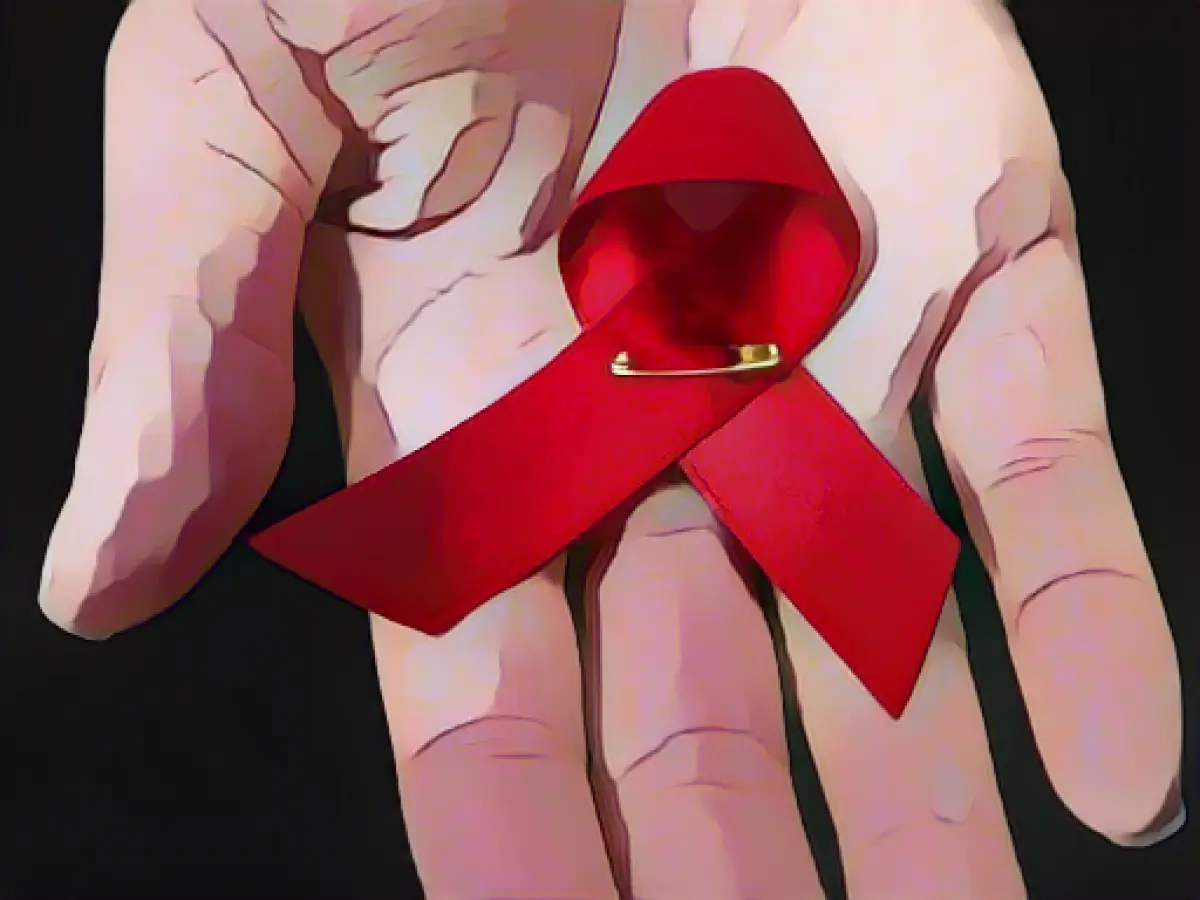Aidshilfe continues to see discrimination against people
According to Lower Saxony's AIDS service organization, people infected with HIV continue to face discrimination in everyday life. This was announced by Aidshilfe on Thursday in view of World AIDS Day on Friday. Kerstin Tack, Chairwoman of the Board of the Paritätischer Wohlfahrtsverband Niedersachsen, said that there was a great deal of ignorance and prejudice within society when it came to HIV, which made the lives of those affected unnecessarily difficult.
As examples of discrimination, Aidshilfe cited notes on patient files or the rejection of a career as a civil servant due to infection with the virus. "HIV is easily treatable today and is not transmissible under therapy. If diagnosed and treated in good time, HIV-positive people remain healthy and are just as capable as other people," said Christin Engelbrecht, Managing Director of the National Association for Sexual Health.
Infectiologist Christoph Spinner from the Klinikum rechts der Isar of the Technical University of Munich (TUM) said that the number of new infections in Germany had halved in the past 30 to 40 years - from almost 4,000 per year at the end of the 1980s to around 1,900 in 2023. The reasons for this were better education, low-threshold testing services and effective antiviral therapy, which enables a largely normal life and also protects against transmission of the virus. The availability of preventative medication, known as HIV pre-exposure prophylaxis (PrEP), is also likely to play a role. This has significantly reduced the number of new infections among homosexual and bisexual men.
Despite advancements in HIV treatment, people living with HIV still experience social afflicuations and discrimination, such as notes in medical records or denial of employment opportunities. This stigma persists despite the fact that HIV is now manageable with proper care and treatment, allowing individuals to live healthy, productive lives.
Source: www.dpa.com








